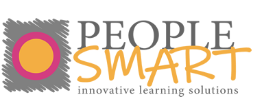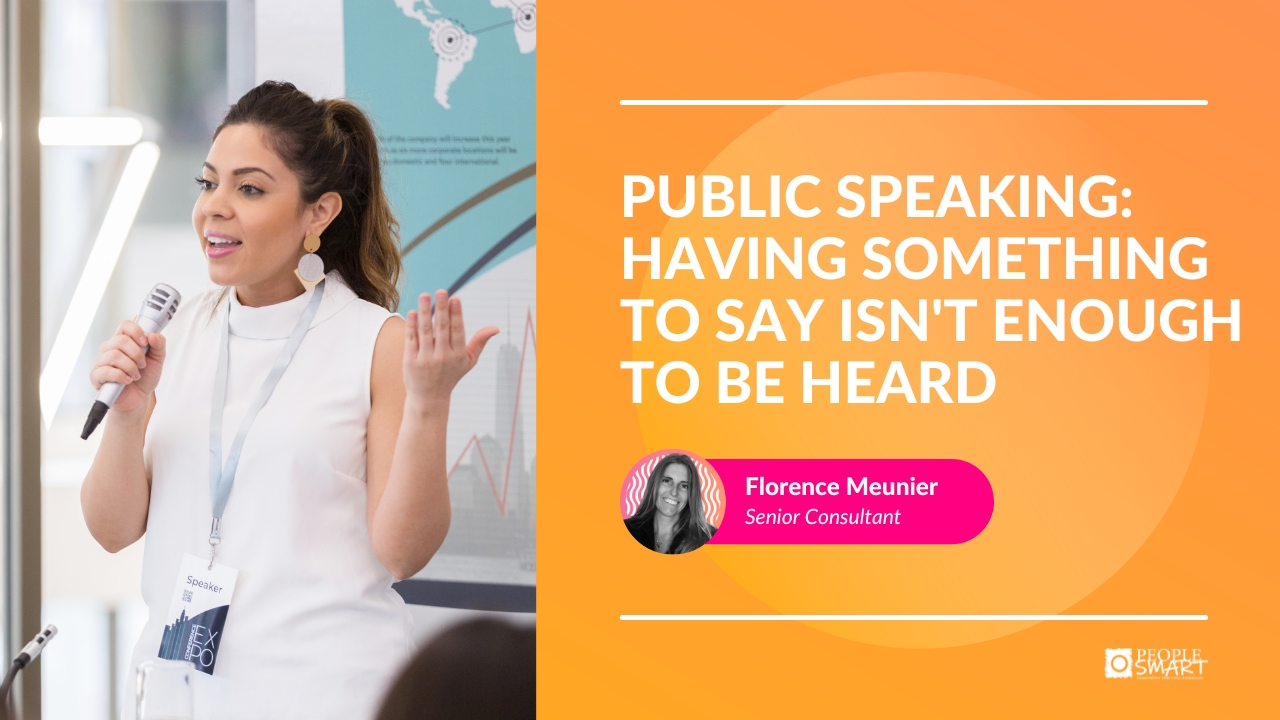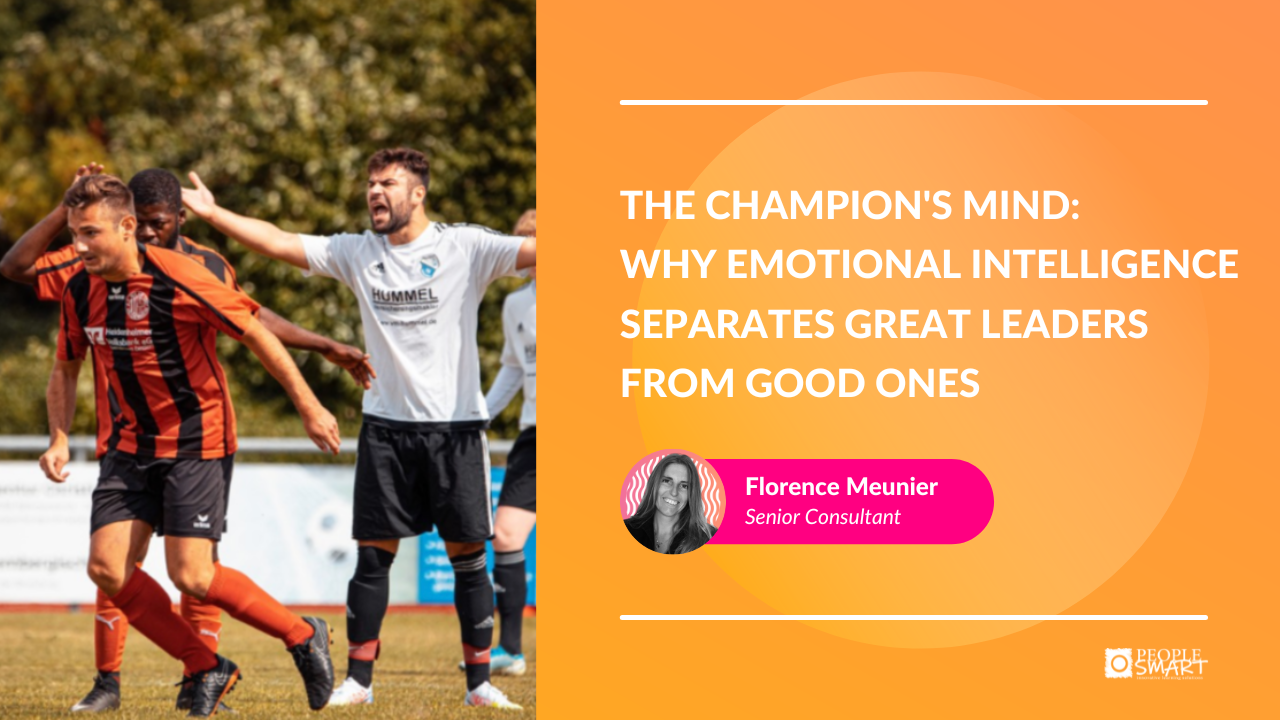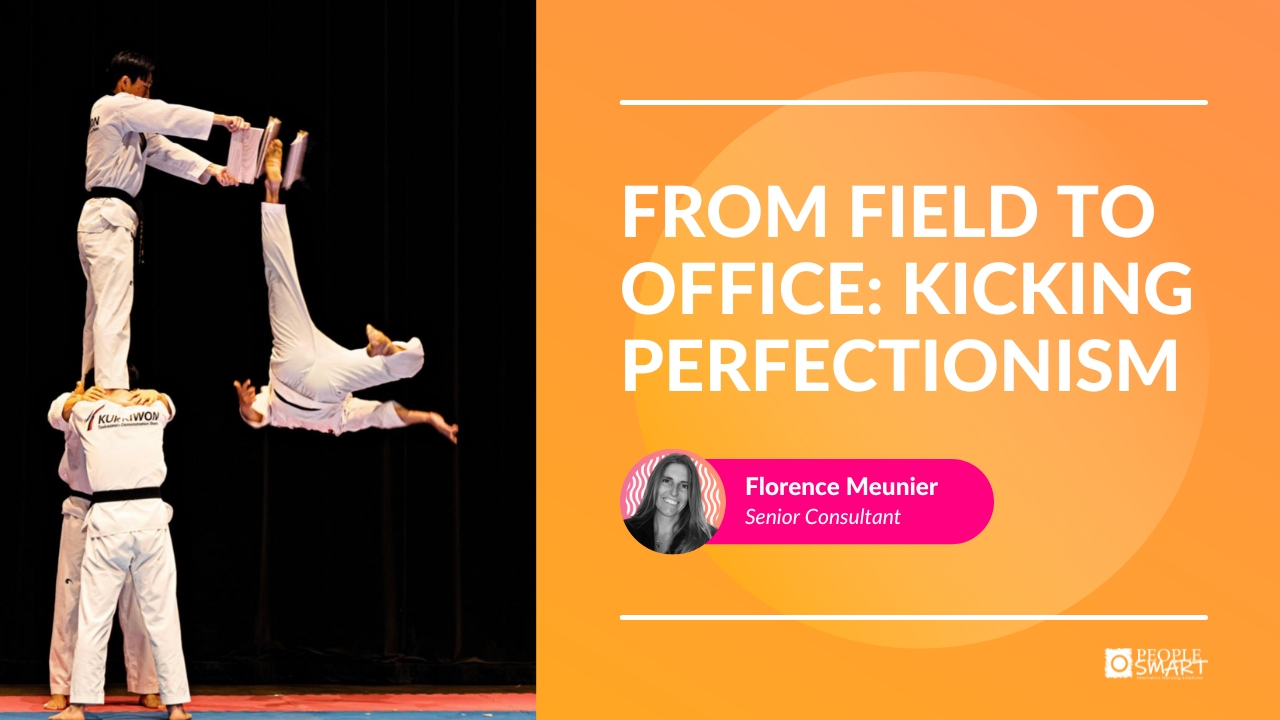One of the greatest challenges for any organization is the recruitment and selection process. That marks the first step in what can become a fruitful relationship or a true nightmare. The real issue is that until recently candidates were evaluated solely on their knowledge, skills, experience and in some case – personality. That is all very well and relevant of course.
The question is, is that enough to guarantee a successful fit?
That is why more and more companies are beginning to introduce Emotional Intelligence tools alongside other assessments in their recruitment process.
You may be wondering, why is that? Let’s consider some key reasons.
- Published psychometric studies have shown that scores on the GENOS assessment for selection correlate with important workplace dimensions. The higher people score on the GENOS scales, the higher they tend to score on assessments that measure:
- Workplace performance
- Leadership effectiveness
- Sales and customer services
- Resilience
- Teamwork
- Engagement
- Research shows that IQ is responsible for about 20 to 25% of the variation of typical performance in any job. Personality is responsible for about 10 to 15%. Emotional Intelligence for about 20 to 30% (Source: GENOS). For organizations, it means that no single assessment per se is sufficient to predict the performance of an employee. A set of assessments is needed for hiring managers and stakeholders to gain all the information they need to make a decision.
- It is worth recalling the results of the survey carried out by the World Economic Forum in 2016 that brought to the conclusion that EI was to be considered by leading global employers to be one of the top skills leaders and workers will be needing. The new report that has been issued recently confirms that Emotional Intelligence related skills are among the top 10 of 2025.
- 2020, and the unprecedented sanitary emergency that had a heavy impact on everyone in the world, made us realise that resilience is now an Emotional Intelligence skill that cannot be overlooked. It may be interesting for recruiters to understand where their candidates stand concerning that particular quality especially if they are a fast-changing organization. People that in EI assessments are high on resilience are less stressed and more capable of facing challenges. More resilient leaders tend to create a more positive climate and a mentally healthy workplace.
- Finally, a very interesting piece of research worth considering is one that focused on leadership gaps. It reported that all gaps had one aspect in common: they were all related to interpersonal effectiveness and emotional intelligence. Researchers underlined that these gaps did not include other factors like business insight, financial acumen, strategic mindset, managing execution or driving results. They were all on the softer side of leadership competence. (Source: The Business Journals)

Whether you are an HR manager, a hiring manager or an external consultant, GENOS has developed an Emotional Intelligence assessment for recruitment that can support you in the screening process.
To this end, GENOS has developed a Model based on 7 scales. In this Model, each dimension is measured against 10 emotionally intelligent workplace behaviours. Responses are then compared to a sample population of almost 5000 respondents and benchmarked accordingly.

EI Practitioners will notice that there is one additional competency of the Model used by GENOS in development assessments.
- Emotional Self-awareness is the skill of perceiving and understanding one’s own emotions.
- Emotional awareness of others is the skill of perceiving and understanding others’ emotions.
- Emotional expression is the skill of expressing one’s own emotions effectively.
- Emotional reasoning is the skill of utilising emotional information in decision-making.
- Emotional self-management is the skill of effectively managing one’s own emotions.
- Emotional management of others is the skill of influencing the moods and emotions of others.
- Emotional self-control is the skill of effectively controlling strong emotions.
A real asset of this assessment are the validity indices that are aimed at ensuring the accuracy of responses. 12 items among those presented respondents with detect 3 areas:
- Inflation – that provides insight into whether the candidate tends to have an overly inflated view of their ability.
- Manipulation – indicates any conscious attempt to misrepresent their responses to achieve more desirable scores.
- Inconsistency – that allows the system to evaluate whether the candidate responded to similar items in a consistent fashion.
Besides, respondents are being timed. To complete the assessment 12 to 15 minutes are sufficient. The time limit is 30 minutes. If a candidate takes such amount of additional time, it may mean that they were doing a web search or asked for help to respond more desirably. That data is provided to the hiring manager / stakeholder who can decide how to evaluate that information.
The assessment produces a report that is not for the candidate but only for the hiring manager/stakeholder. It is a rich document that gives data on how the candidate scored on each of the 7 EI scales, how the person is likely to behave in the workplace, and how they could develop on each of the competencies.
The GENOS EI Selection report:
- Not for the Individual
- Should be used by the “Hiring stakeholder”
- Overviews (model, process)
- Scores:
- Summary for each skill (3 lowest scoring items)
- Interview
- Questions
- Scoring
- Summary

The Report also offers an important section on guiding the hiring manager/stakeholder through the interview with the candidate to gain more qualitative information on their scores.
Each scale has 6 interview questions and a scoring key to calculate if the candidate high or low results on each dimension. Of course, it is up to the hiring stakeholder to decide which dimensions to explore during the interview. What is really important is to ask the questions in the sequence presented in the Report. The reason is that the questions have been assembled according to a precise model – Mindset/Toolset/Skillset.
- Mindset – two questions explore the knowledge the candidate has of that scale, what they understand of it
- Toolset – two questions look at what the person has done to put that scale into practice
- Skillset – two questions look at what skills the candidate has developed and what outcomes can they speak of having generated
The Report ends with an Interview scoring summary of all the scales, and a Candidate evaluation summary where the person’s strengths and development areas, as well as the areas they may require further probing, can be noted down.
This new GENOS assessment can really help in making the best hiring decisions.
Organizations cannot afford to overlook Emotional Intelligence during the hiring process nowadays. GENOS assessment provides the information that is needed to make the best possible decision, alongside other tools.
Please, contact our team of EI experts for further information and to support you with your next recruitment process.
Learning and Development

GENOS Emotional Intelligence Certification – Virtual classroom – This programme is designed to train participants to the GENOS EI assessment tools applied to leaders and the workplace. If you are interested in learning how to administer and debrief GENOS assessment questionnaires both for leaders and the workplace (Self, 180, 360), join us in the next programme that will be delivered by PeopleSmart in Paris in March 2021.
This training will be delivered in French.
The training is available also in English and other languages – on demand.
Exploring EI – Virtual classroom – To help you understand the principles of the Science of Emotions, the fundamentals of EI behaviours and the core EI dimensions – On-demand
Leading with Emotional intelligence – Series of 6 virtual classrooms – To help you explore all the key competencies that can make you an Emotional Intelligent leader, using your EI in your leadership of people – On-demand






